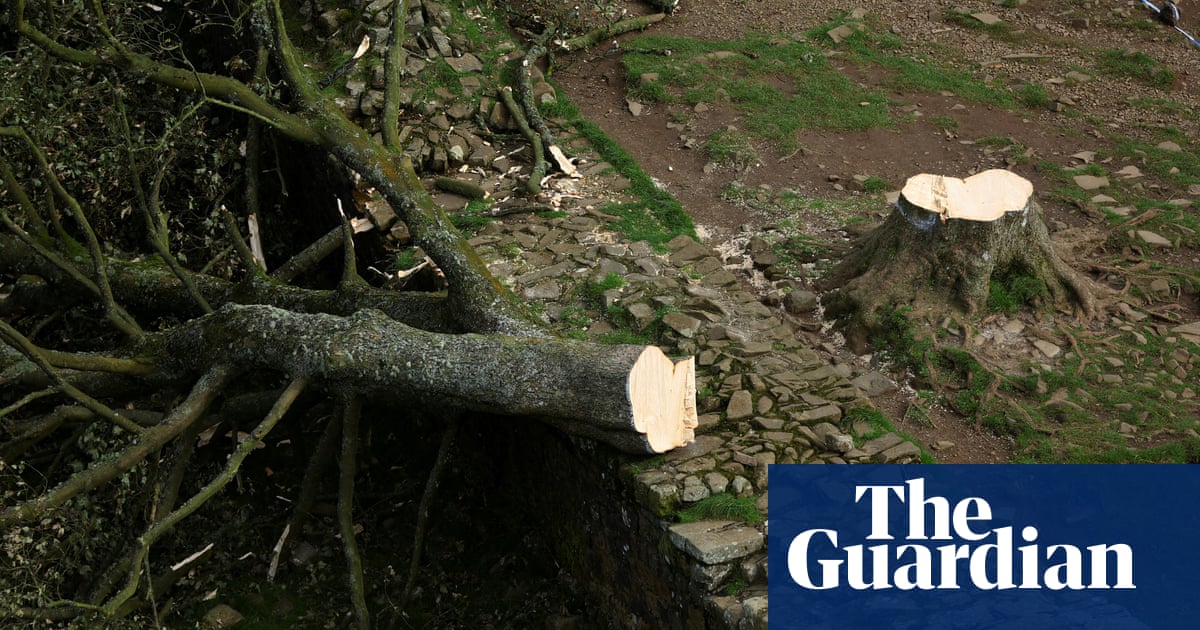Britain’s gas power stations should be nationalised to prevent their owners from holding the electricity market “to ransom”, a thinktank has urged.
The country’s dwindling fossil fuel power plants are ripe for nationalisation as ministers aim to reduce gas consumption to just 5% of the electricity system by 2030, according to a report by Common Wealth.
Taking the plants back under public control could also prevent the owners from commanding fees of up to 100 times the normal market rate to run when renewable energy generation is in short supply, the thinktank added.
“Privately owned gas-fired power plants exploit a unique market power position in the ‘balancing mechanism’, holding the grid to ransom and demanding eye-watering sums of money to supply energy at short notice,” it said.
“British households are effectively transferring their wealth to billionaire-owned private equity funds and even foreign governments,” it added, referencing a string of multimillion-pound payments made to a handful of power plants earlier this year.
The Guardian revealed in January that almost £18m was paid to two power plants to run for a few hours during a cold snap that coincided with low windpower output.
The Connah’s Quay gas plant in north Wales, operated by German state-owned Uniper, raked in £10.3m from the grid operator while the Rye House gas-fired power station, just north of London, which is owned by private-equity backed commodities trader Vitol, received almost £7.5m.
The companies said at the time that they invested significantly in the plants throughout the year to ensure they are available on the rare days when needed to safeguard Britain’s power system.
Paul Morozzo, a senior campaigner at Greenpeace UK, said: “Given the government is aiming for an almost exclusively clean power system by 2030 – with only a strategic reserve of gas – taking them into public ownership is one way to avoid these companies charging excessive rents.
“The sooner the government puts a stop to this unfair profiteering, the sooner it can lower bills.”
after newsletter promotion
Common Wealth, which designs public ownership models, has called on the government to create a strategic reserve of gas power stations to run only as a last resort during periods of high electricity demand.
The plants could then be wound down as the UK shifts its electricity system away from fossil fuels to clean power by the end of the decade.
A government spokesperson said: “Our mission for clean power by 2030 will replace our dependency on unstable fossil fuel markets with clean, homegrown power controlled in Britain – which is the best way to protect bill payers and boost our energy independence.”

.png) 7 hours ago
9
7 hours ago
9













































